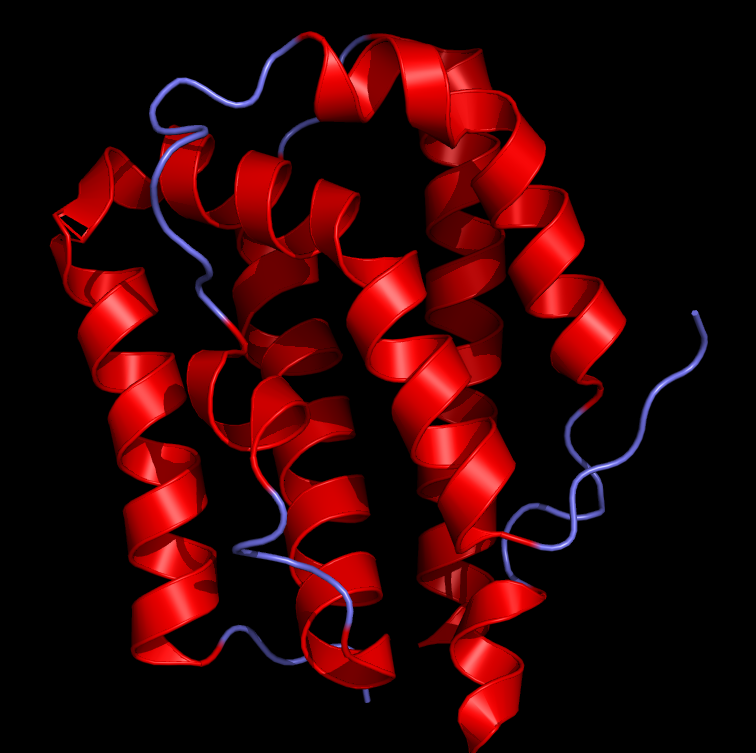Blog Post
Unraveling the Functions of Interleukin 19 in Immune Regulation
Introduction:
Interleukin 19 (IL-19) is a cytokine with emerging roles in immune regulation and inflammatory responses. In this blog post, we’ll explore the intriguing functions of IL-19, its signaling pathways, and its potential implications in various diseases. Join us as we delve into the world of IL-19 and its impact on immunology research.
Functions of IL-19:
IL-19 is known to modulate immune responses by promoting the differentiation of regulatory T cells (Tregs) and suppressing pro-inflammatory cytokine production. It plays a role in tissue repair, wound healing, and the resolution of inflammation, contributing to the maintenance of immune homeostasis and tolerance.
Signaling Pathways:
IL-19 exerts its effects through the IL-20 receptor complex, which includes IL-20Rα and IL-20Rβ subunits. Upon binding to its receptors, IL-19 activates downstream signaling pathways, such as the JAK-STAT and MAPK pathways. These pathways regulate gene expression, cell proliferation, and cytokine production, influencing immune cell functions and inflammatory responses.
Implications in Disease:
The dysregulation of IL-19 signaling has been implicated in various inflammatory conditions, including autoimmune diseases, psoriasis, and rheumatoid arthritis. Targeting IL-19 and its receptors holds promise as a therapeutic approach for modulating immune responses and alleviating chronic inflammation in these diseases.
Future Perspectives:
As research on IL-19 progresses, further insights into its role in immune regulation and disease pathogenesis are anticipated. Investigating the crosstalk between IL-19 and other cytokines, such as IL-10 and IL-22, will provide a comprehensive understanding of its immunomodulatory functions and therapeutic potential.
Conclusion:
Interleukin 19 (IL-19) emerges as a key player in immune regulation, inflammation resolution, and tissue repair processes. By unraveling the functions and signaling pathways of IL-19, researchers aim to develop targeted therapies that restore immune balance and mitigate inflammatory disorders. Stay updated on the latest IL-19 research and its implications for immunology and disease management.


